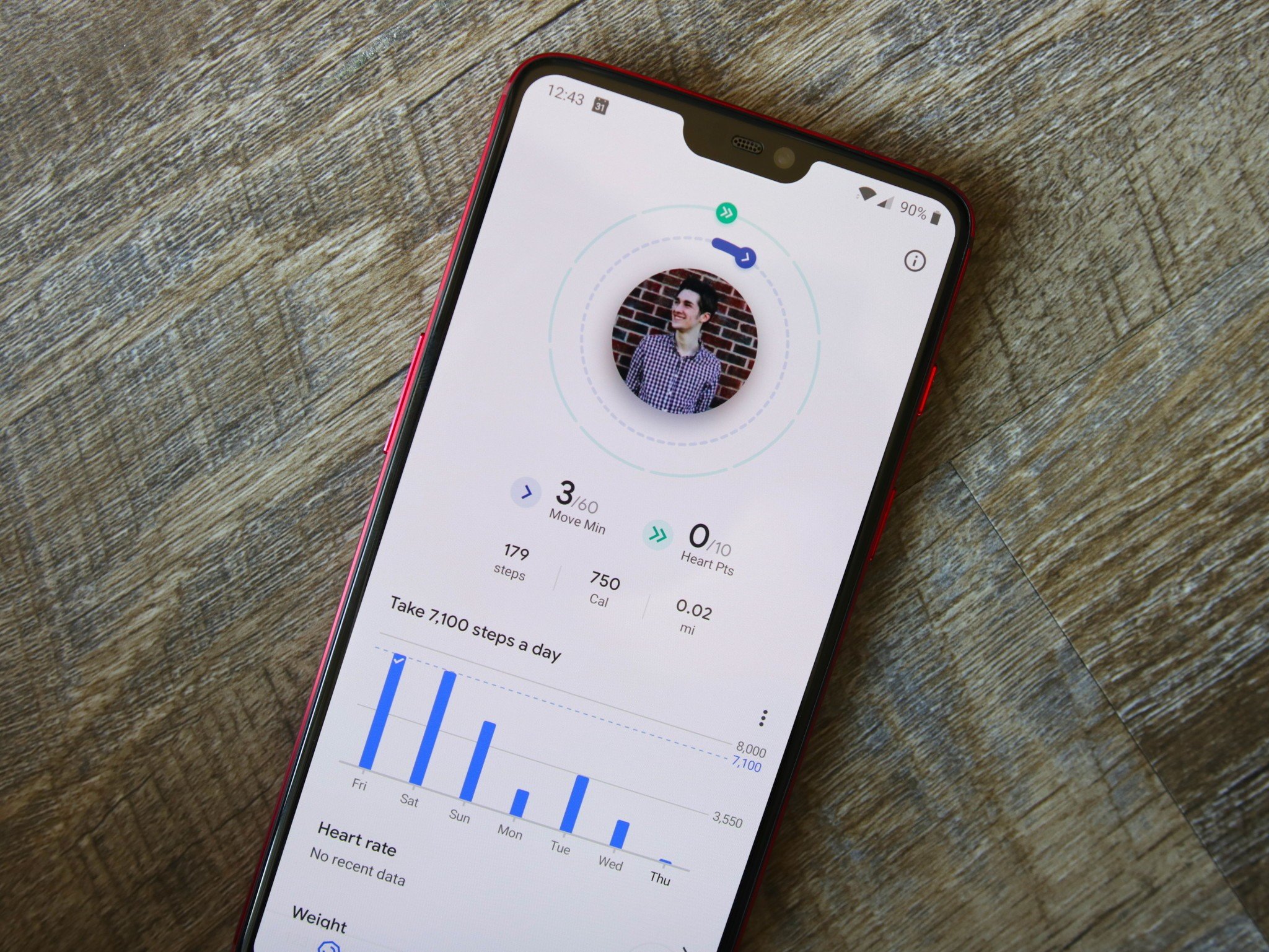It's hard to believe that companies like Google and Apple just don't want your money if you're not able to count those steps.
Like most everyone else on the internet, I watched Apple's iPad and Apple Watch event and said that the new Fitness+ program looks like a really smart idea. Unlike most everyone else, though, I said it was a really smart idea unless you were one of the millions of people who are confined to a wheelchair or other mobility aid.
I've been confined to a wheelchair for about half of my adult life. It was hard getting used to it, but now it's just another of those things that make me who I am and I deal with it. Luckily, I'm surrounded by friends and family who are the same — nobody shows any pity for me because I'm in a chair but everyone takes an extra second to consider how to make things easier so I can do them. It's really great to feel like just another person most of the time.
Where I can't feel like a "regular Joe" though, is when talk turns to fitness and fitness-related tech. I'm not completely disabled and have a full range of motion in a lot of ways as long as they involve using my upper body. That's not a lot of help with fitness tech, though, because almost all of it involves using your feet.
Things are better than they used to be, I will say that. When setting up an Apple Watch, for instance, you can tell it you're in a wheelchair. Google knows I'm in a wheelchair and makes sure I get accessible directions and Assistant won't tell me how to find a bathroom that needs me to walk upstairs to get to it. These little wins count for a lot.
Apple and Google both have data about me being in a wheelchair, so why do their fitness apps want me to get up and walk?
But having Apple and Google know I'm in a wheelchair makes it all the more infuriating when my damned smartwatch reminds me every hour to stand up and walk or bugs me that I didn't meet my step goals. I know I didn't meet the step goals and never will, and unless you're going to slap my forehead like a faith-healer and "cure" me, stop telling me to walk. This should be an easy fix, so I can't help but feel like either company — along with every other fitness wearable company — just doesn't care.
I don't expect special treatment. In fact, I hate it. I appreciate when someone holds the door for me or other little things that are clearly no bother, but I'm not the type of person who calls for the manager when the grocery store has an aisle blocked or anything. But I don't speak for everyone with a mobility issue. Just like everyone else, we're all individuals and have our own feelings.
But Apple's Fitness+ presentation really bothered me. As a middle-aged dude, I'm interested in doing whatever is necessary to stave off the inevitable as long as possible but I can't run, I can't cycle, I can't swim, and I can't do aerobics. The things I can do, like seated push-ups (think holding yourself up using the arms of a chair) or half-pull-ups aren't part of any dedicated fitness regimen. Why can't Apple have someone to coach me on holding my legs out straight or stretching my arms? What about Google or Samsung? Why aren't they stepping up to help people like me? Am I not good enough?
Yes, I'm good enough. It's Apple and Google and FitBit and the rest who aren't good enough.
Inclusiveness:
The practice or policy of including people who might otherwise be excluded or marginalized, such as those who have physical or mental disabilities and members of minority groups. — Oxford English Dictionary
These companies like to praise themselves when it comes to diversity and inclusiveness, but when is the last time you saw a presenter, let alone a fitness tech presenter that was in a wheelchair? If these companies want to keep saying they represent all of us, they need to actually start representing everyone.
I don't really need to see someone on a stage telling me about Google Fit from their wheelchair. But I do need to see some ways people who need a chair or a walker or a cane can take advantage of any of these services before I'll care anymore. To me, Google Fit, Apple Fitness+, Samsung Health, and every other "health" app or service is in the same file as Google Reader is until they learn to actually be inclusive instead of just saying they are. Be better, big tech.
Get More Pixel 4a
Google Pixel 4a



0 Response to "You Can See More: Fitness apps and wearables are great, as long as you aren't in a wheelchair"
Post a Comment